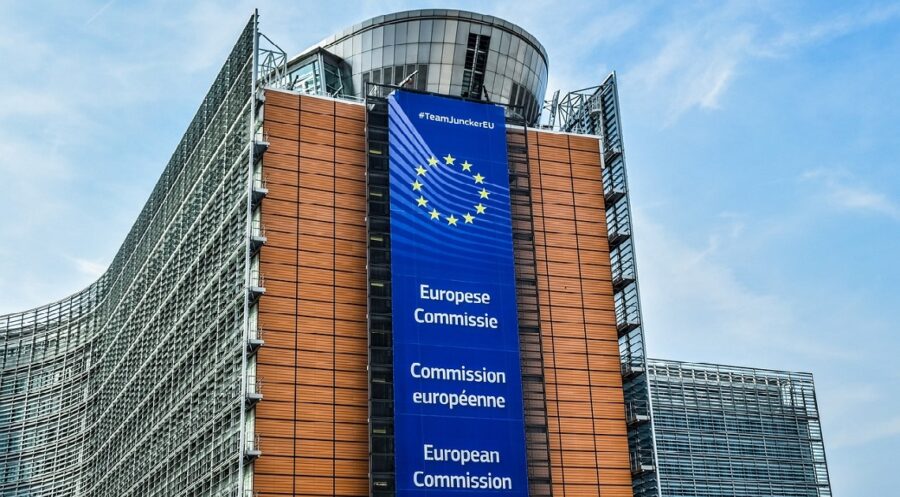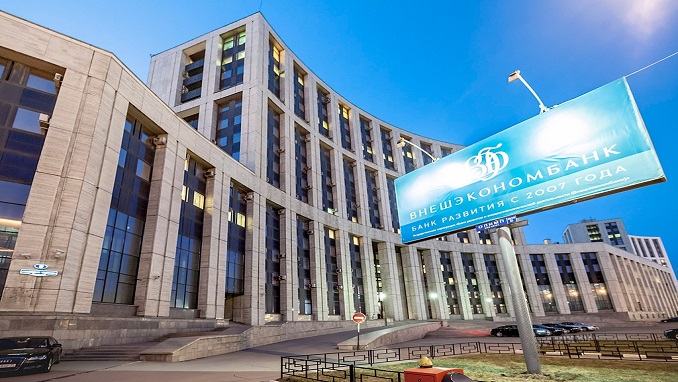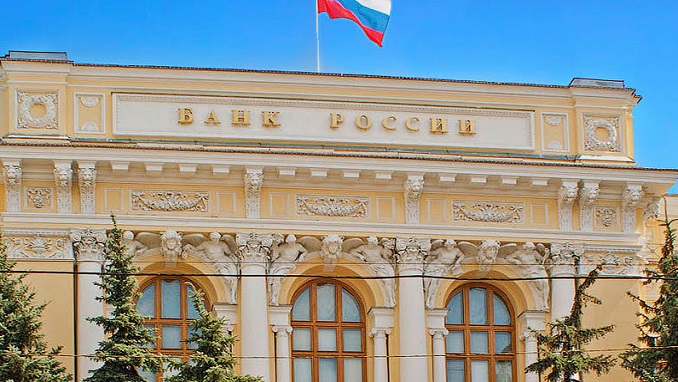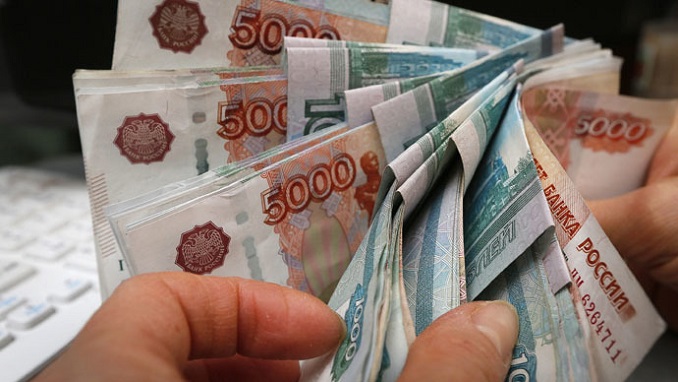The EU will be able to provide Ukraine with €18 billion in financial assistance throughout 2023 thanks to a legislative package that was approved by the Council. The plan was approved by the Council today through a written process, and it will now be sent to the European Parliament for potential acceptance the following week, a press release from EU reads.
The plan includes a structural fix for Ukraine’s financial support in 2023. There will be a €18 billion loan made to Ukraine in 2023, and there will be a 10-year grace period. The majority of the interest expenses will be paid for by member states from allotted external earnings. Either the EU budget or the member states will furnish the guarantees for the borrowing.
With a view to assisting Ukraine on its path to European integration, the goal is to give short-term financial relief, financing Ukraine’s pressing needs, repair of vital infrastructure, and beginning help towards sustained post-war reconstruction.
An adjustment to the financial regulation, which was a component of the legislative package, had already been approved by the Council in Ecofin creation on December 6.
Ukraine has suffered a loss of market access and a sharp decline in public revenues as a result of Russia’s unprovoked and unjustified war of aggression against it since February 24, 2022, while public spending to address the humanitarian crisis and maintain the continuity of state services has increased noticeably.
The EU helped Ukraine between 2014 and 2022 via a variety of successive macro-financial assistance (MFA) activities that totaled more than €7 billion in loans and grants.
Ukraine and the EU are closer thanks to the Association Agreement, which became effective on September 1. The accord has established a framework for furthering an optimistic reform agenda, centered on the combating of corruption, an independent judiciary, the rule of law, and a better business climate, while also encouraging deeper political ties, stronger economic ties, and the respect for shared values. These reforms, which are essential for luring in investments, increasing productivity, and raising living standards in the medium term, have consistently received backing from the EU.



